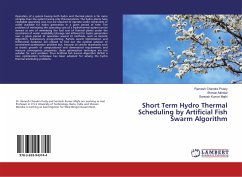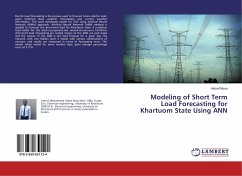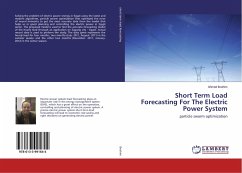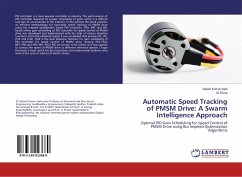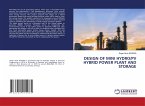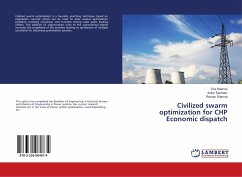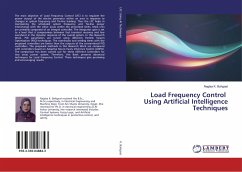Operation of a system having both hydro and thermal plants is far more complex than the system having only thermal plants. The hydro plants have negligible operating cost, but are required to operate under constraints of water available for hydro generation in a given period of time. The problem of minimizing the operating cost of a hydrothermal system can be viewed as one of minimizing the fuel cost of thermal plants under the constraints of water availability (storage and inflows) for hydro generation over a given period of operation several AI methods, such as Genetic Algorithm, Evolutionary programming, Particle swarm Optimization and Differential Evolution are utilized to find out the optimal solution of constrained optimization problem but, because of certain drawbacks such as drastic growth of computational and dimensional requirements and insecure convergence properties, these optimization technique are not suitable for such problem. Thus Artificial Fish Swarm Algorithm (AFSA) a new optimization technique has been adopted for solving the hydro thermal scheduling problems.
Bitte wählen Sie Ihr Anliegen aus.
Rechnungen
Retourenschein anfordern
Bestellstatus
Storno

